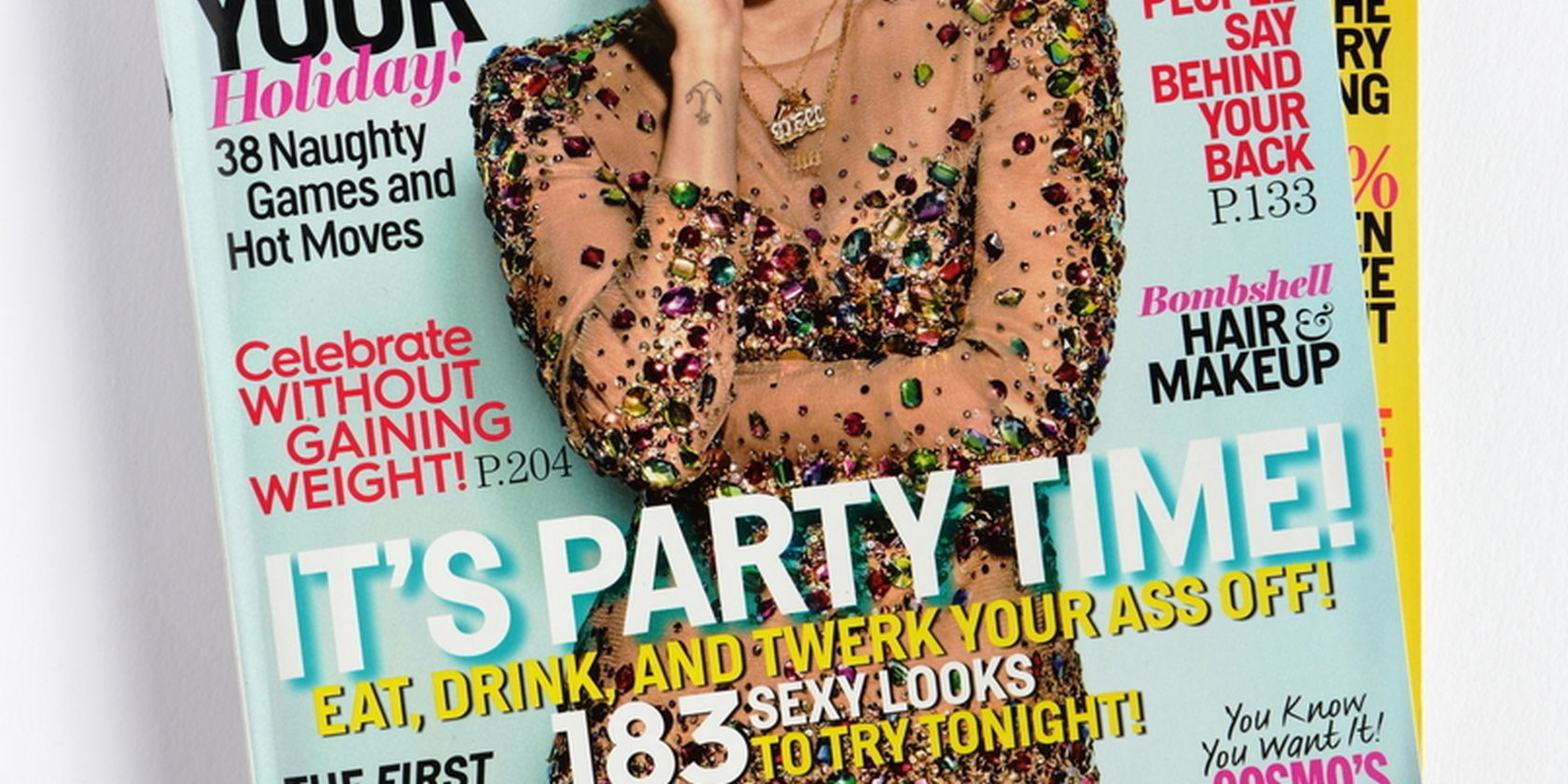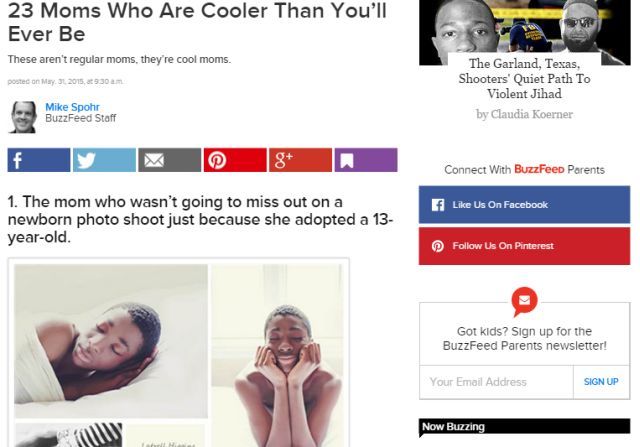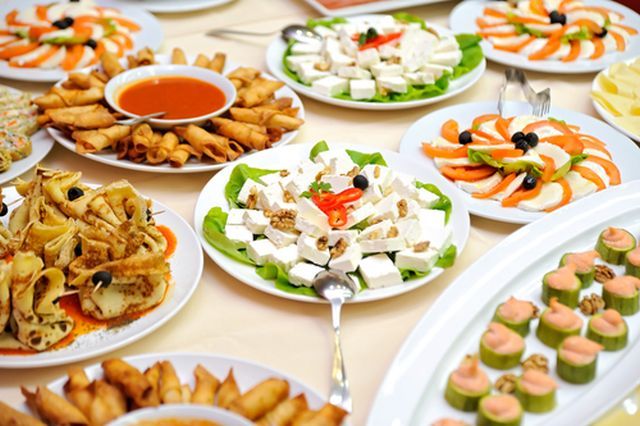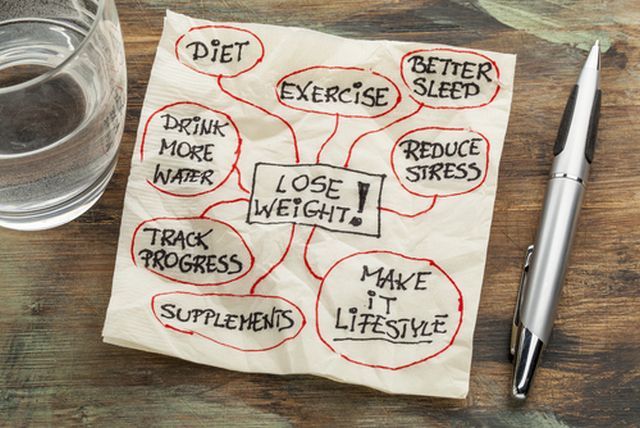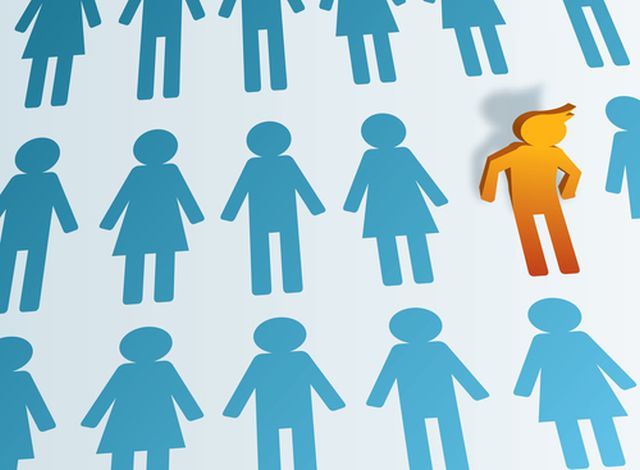Lots of people think that the pile of brain-numbing lists on sites like Buzzfeed is the opening bell of a new era of listicles. I'm here to tell you, that's nonsense. I'm going to help you understand the dangers of listicles for your brain, and how you can and should avoid them.
"5 Ways to Know If He's Cheating On You"
"7 Great Crock Pot Recipes Using Only 3 Ingredients"
"6 Awesome iOS Apps You Can Buy For Under 3 Dollars"
People certainly like articles like these, but it's nonsense that it's anything new or novel. What isn't nonsense is that the proliferation of these lists -- which used to be limited to the covers of glossy magazines in the grocery store -- are dumbing down society.
What's a Listicle?
A listicle is easily identified by some number of things mentioned in the title, and most paragraphs in the article start with a number.
Listicles are usually titled (depending on the site) to be provocative and tempting enough -- like a Boston Cream donut that you know will make you fat if you eat it -- to get you to click.
Once you make the choice to "consume" that junk food for the brain, that's when the bad stuff starts happening.
Why Listicles Are Bad For You
You may not realize it, but consuming too many of these kinds of articles while you're surfing the Internet is actually bad for your brain, and for your life in general. Since you're probably here because you're addicted to listicles, I'm going to make this article a listicle to help your brain out. May this be your one, last listicle ever.
1. Listicles May Lead to an Unhealthy Brain
The worst danger that listicles pose is to your brain. They do all of the mental heavy lifting, so you don't have to. This may sound like a good thing, but it could actually lead to earlier cognitive decline.
If you don't exercise your brain during the limited time you do have during the day, instead of being a beefed-up cognitive powerhouse, your brain could end up looking like this by the time you're 40 or 50.
Yeah...you're probably not going to be doing too much mental heavy lifting at that point.
Is there a scientific basis for this? There sure is. According to Dr. Amir Soas of Case Western Reserve University Medical School, reading is a key component to staving off cognitive decline as you age.
"Read, read, read. Anything that stimulates the brain to think."
He also advises against watching too much television, because "your brain goes into neutral."
And guess what listicles make your brain do? They make our brain go into neutral. This was well described in a New Yorker article that dove into why the human brain prefers list articles so much. It describes them as:
"...[an] easy reading experience, in which the mental heavy lifting of conceptualization, categorization, and analysis is completed well in advance of actual consumption — a bit like sipping green juice instead of munching on a bundle of kale. And there’s little that our brains crave more than effortlessly acquired data."
It's when you regularly find that you're spending more time reading listicles than you are reading informative, interested brain-food, that you need to start worrying about your long term cognitive health.
2. Listicles Don't Actually Help You Learn Anything
Another problem with listicles is that they usually only touch on the surface of any topic. They categorize everything into a neat little buffet of bite-sized pieces so your brain doesn't have to work too hard.
This can be wonderfully entertaining, but is it good for you? Because no matter what, most typical Buzzfeed-style list articles only provide a surface level overview of any topic.
Back to the psychology of lists article from the New Yorker:
"Faced with a detailed discussion of policies toward China or five insane buildings under construction in Shanghai, we tend to choose the latter bite-sized option, even when we know we will not be entirely satisfied by it."
It's like opting to stop off at McDonald's for a quick Big Mac, rather than investing the time into cooking yourself a full, nutritious meal. In the end, your stomach is full, but your body is still unsatisfied -- it needs more nutrition.
When you just preview lists, you'll never deeply understand the topics you're interested in.
Take weight-loss for example. A list article may tell you that the 8 best ways to lose weight is through diet, exercise, getting better sleep, reducing stress, drinking more water, taking supplements, tracking our progress and making all of that a part of your daily lifestyle -- but how does that help you with strategies to actually accomplish each of those things?
That's the difference. A list article tells you a whole lot of things you already know, all packaged up so you can read it, nod your head in agreement and feel good about yourself because you think that'll help you actually remember to do each of those things.
But without substance -- without the guidance of solid advice and thorough tips -- those articles do nothing to help you, because your brain has hardly even budged from its former position of complacency with your weight. If you can't even build up the motivation to read something that makes your brain have to think, what makes you believe you'll be able to build up the motivation to exercise?
3. They Can Make You a Bad Writer
One of the worst side-effects of reading too many listicles is that they'll actually turn you into a bad writer.
In his book On Writing, Stephen King explained that the single most effective way to become a better writer, is to read.
"If you want to be a writer, you must do two things above all others: read a lot and write a lot."
This is important for anyone who has to do any kind of writing in their job or hobby. At work, you probably write a lot of emails, job descriptions, how-to instructions for co-workers or other correspondence. When you write well, you are viewed as more intelligent, and more professional.
So what happens when you read too many listicles all the time? You tend to copy what you read.
Scholastic describes this in terms of children's development as follows:
"Research shows that children who reach school age with smaller vocabularies, less depth in prior knowledge and background experiences, and fewer experiences with hearing stories and exploring with print are more likely to have significant problems in learning to read."
This extends into adulthood. You grow to become a good writer by reading good writing. If you mostly read listicles that barely touch the surface of any topic, your own writing will start gravitating in the same direction, without any real substance.
4. They Are Harmony Squirted into Yogurt Cups
The human mind may crave things that don't require cognitive effort, but it thrives off things that do. Just consider the last time you listened to an orchestra, watched theater or listened to an especially thought-provoking speech.
Something interesting happens. Your mind begins to make new neural connections as you focus your energy on expanding your knowledge based on what you're experiencing.
Eric Schwitzgebel, Professor of Philosophy at University of California said it best on his blog when he wrote:
"The human mind naturally aspires to unifying harmonies that the listicle instead squirts into yogurt cups."
The real question is whether you're going to feed your mind the empty and insubstantial cravings it desires - the things that will make it fat and lazy -- or will you feed your mind things that help you become the things you aspire to.
Bypass the yogurt cups, and instead dig into the symphonic harmony you'll find in the deep and intriguing writing all across the web. Dig deep, and learn something meaningful every day.
5. You Are Proving You're Just One of the Sheeple
Finally, even if none of these other things matter to you and you feel like you still want to gorge on your feast of listicles every day, that's fine -- but remember, it also means that you're just another mindless drone doing what everyone is doing.
How does it feel to know that your behavior is so predictable? Statistically speaking, you're no different than the masses who also automatically respond to list titles like robots.
Or are you? Have you ever stopped to think why so many people mindlessly respond to certain patterns? And those patterns are weird!
For example, according to researcher and author Gilad Lotan, more people respond to odd numbered lists over even numbered. More people click on Tweets and Facebook shared titles that include numbers.
Most marketers are aware of these trends, and they use that information to entice you into putting your eyeballs where they want you to put them. Why not break out of the mold? Be unique, and stop clicking on those listicles like all of the other sheeple do. Give your mind something healthier to chew on!
How do you feel about listicles? Do you love to hate them, or hate that you love them? Share your thoughts, and some ideas how we can all break out of this terrible addiction.
Image Credit: Pavel L Photo and Video / Shutterstock.com, JSlavy via Shutterstock, Tsyhunvia Shutterstock, marekuliasz via Shutterstock,Dalibor Sevaljevic via Shutterstock txking via Shutterstock, Emka74 / Shutterstock.com

